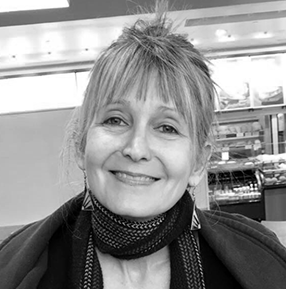Husband
She didn’t have one, and never had, if have was the right verb for knowing someone in this way and referring to someone with this word. She had had children. Two of them. She had had friends. She had had, or, as she had heard it said, had taken lovers. Still, through all these years she had felt more or less tended to, almost thoroughly husbanded, though by what or whom exactly it was hard to say—certainly by some of the men she had been with, and some of the women, sometimes by her own mother even, but equally often by a single idea, such as Schoenberg’s, who believed all progress in social thinking and feeling had come about through force of longing. With equal frequency, though with less predictability, she had felt cared for by certain objects: a spotted yellow pear, the dark fetal curl of the dog’s tail, that ancient hay derrick, tall and rangy, pointing out the far end of the world. Sometimes when she went to a movie by herself—something she often did—she’d tell the ticket-taker that her husband would arrive at any minute. She simply liked the sound of the word, and she took it entirely, and many times a day, as hers.
From Human Directional (Etruscan Press, 2016). Copyright © 2016 by Diane Raptosh. Used with the permission of the author.

